Outside the RNC, small Milwaukee businesses tried to salvage a sluggish week
The Republican National Convention didn't deliver more customers to some small businesses in downtown Milwaukee, as while there had been earlier promises of an economic boost, there were bars, convenience stores and restaurants on the edge of the secure zone sat largely empty.
Associated Press
July 21, 2024 • Southeast Region
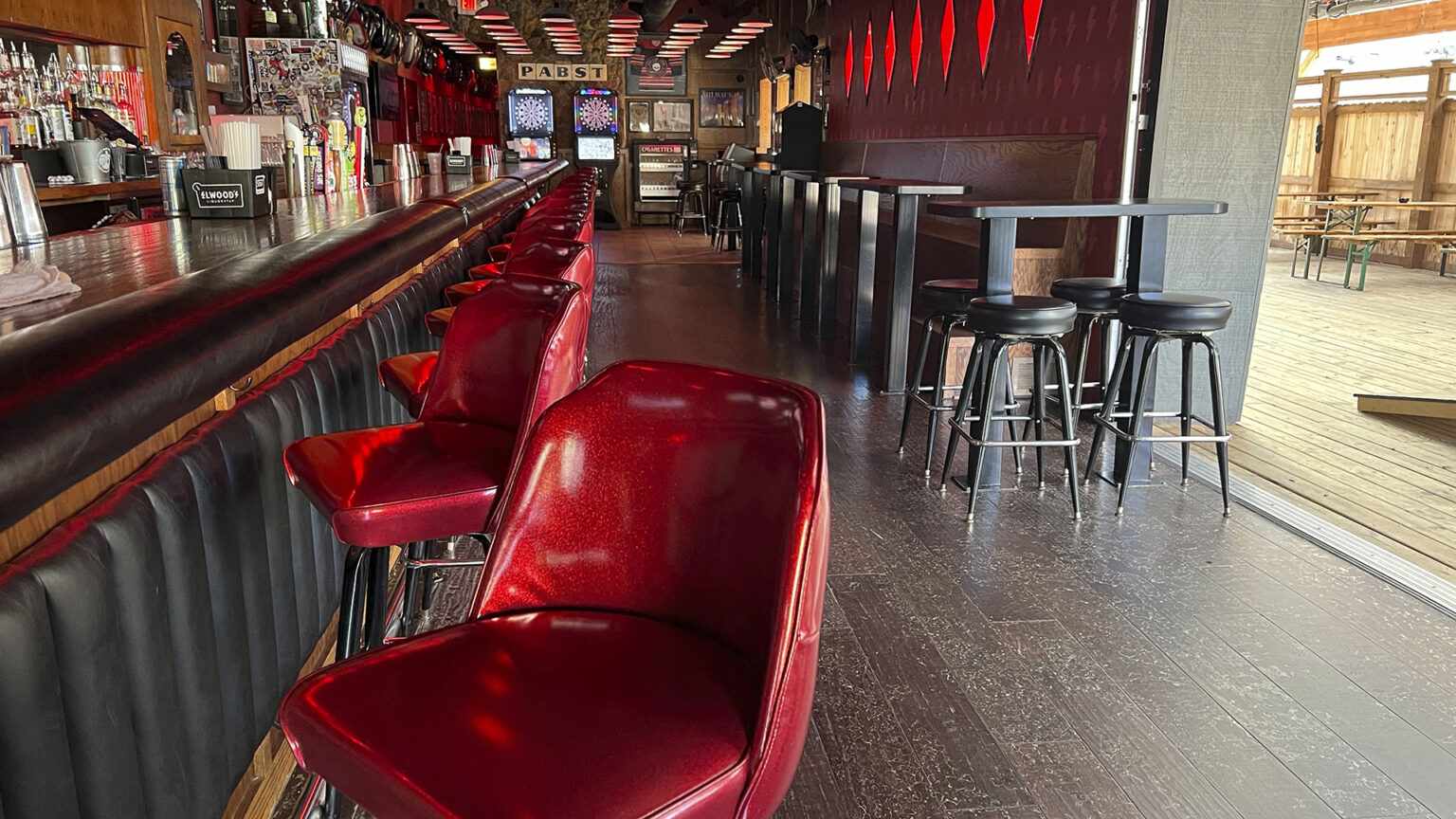
Stools line the bar at Elwood's Liquor and Tap on July 18, 2024 in Milwaukee. That night marked the tavern's Wednesday happy hour, which is usually a reliably busy night for the red-booth bar near Fiserv Forum where the Republican National Convention was held. (Credit: AP Photo / Patrick Orsagos)

MILWAUKEE (AP) — Jay Nelson was standing outside the convenience store he manages in downtown Milwaukee when one of his regular customers walked by on her daily stroll around the neighborhood.
“I’ve been telling people to come and buy even just a bottle of wine,” she said, stretching out her arms. “I hope it helps.”
Pulling her in for a hug, Nelson said they needed all the help they could get.
The store he has managed for nearly a decade, Downtown Market & Smoke Shop, was among the many businesses sealed off by tall metal fencing for the 2024 Republican National Convention, a sprawling footprint that shut down portions of the city’s downtown for more than a week.
For small businesses like Downtown Market, the RNC didn’t deliver a decisive victory, instead hindering sales despite earlier promises that it would bring an economic boost.
“I want you to take all your money to Milwaukee, spend it that week, and leave it in Milwaukee,” Mayor Cavalier Johnson said in 2022 at the RNC’s summer meeting where it was announced that the city would host the GOP’s national convention.
But Samir Saddique, owner of Downtown Market and the neighboring Avenue Liquor, said the convention brought “a lot of nothing.” Traffic and sales took a nose dive soon after the fencing went up in front of the stores. By July 18, the RNC’s final day, the liquor store had made just 10% of its usual sales, he said.
“We’re barricaded away from the rest of the world,” Saddique said.
Claire Koenig, a spokesperson for Visit Milwaukee, which promotes the city as a tourism destination, said economic impact reports will likely take three months to compile.
Across the Milwaukee River, which marked the eastern edge of the RNC secure zone, just one seat was taken at the bar inside Elwood’s Liquor & Tap during their Wednesday happy hour, which is usually a reliably busy night for the red-booth bar near Fiserv Forum where the convention’s main stage was housed.
“Everybody was promised that this was going to be a giant moneymaker for businesses,” bar manager Sam Chung, 30, said. “So it’s strange seeing how much it’s actually killed business for a lot of people outside the perimeter.”
Even their most loyal customers hadn’t stopped by during the week, Chung said.
“They don’t even want to come down here because it’s obviously a mess to get here,” she said, adding that she thought “a big part of it is that a lot of our regulars are Democrats.”
Milwaukee is the largest blue city in Wisconsin, a key swing state.
Adam Buker, a 21-year-old barista at a coffee shop near one of the convention’s exits, which leads attendees onto a wide-open street, said that all week he had been playing music by queer artists as his own protest.
Yet the door kept swinging open at Canary Coffee Bar.
“It 100% has to do with our location,” Buker said July 18 as he packed espresso grounds for a cortado, with a Frank Ocean track playing in the background.
Though it was outside the secure zone, the cafe’s glass storefront and buttery yellow sidewalk seating weren’t obstructed by the fencing like Saddique’s liquor and convenience stores were. RNC attendees also didn’t have to cross the river to get to the coffee shop, unlike Elwood’s.
After closing at the end of the week, Buker said he had been spending his cash tips at some of the struggling bars around the convention’s perimeter.
“From one service worker to another,” he said. “Spread the love.”
As Buker’s final shift during RNC week was coming to an end on the evening of July 18, a last-minute party outside Saddique’s convenience store was just underway. Saddique and Nelson, the manager, hoped catered tacos and ice-cold green tea flowing from orange coolers would bring customers into the stores that have been open for 20-plus years, surviving a recession and a global pandemic.
Debra Lampe-Revolinski, who has lived in the building adjacent to Saddique’s businesses for 15 of those years, said she pitched the idea for the party earlier in the week, when she realized the expected boost in business would not materialize for her friends.
She knew Saddique and Nelson went to great lengths preparing for the RNC, having seen them hard at work for weeks while they remodeled parts of the stores, she said.
“And then there was just this deflation because the stores were blocked out by those tall metal fences,” she said. “It was so uninviting.”
By the time Trump took center stage on July 18 to formally accept the GOP nomination, Lampe-Revolinski said the party, originally aimed at bringing in business, instead had turned into a celebration of surviving the week.
“If anything, this week strengthened our little community on this block to support its local businesses,” she said.
Associated Press writer Todd Richmond contributed from Madison, Wisconsin.
 Passport
Passport





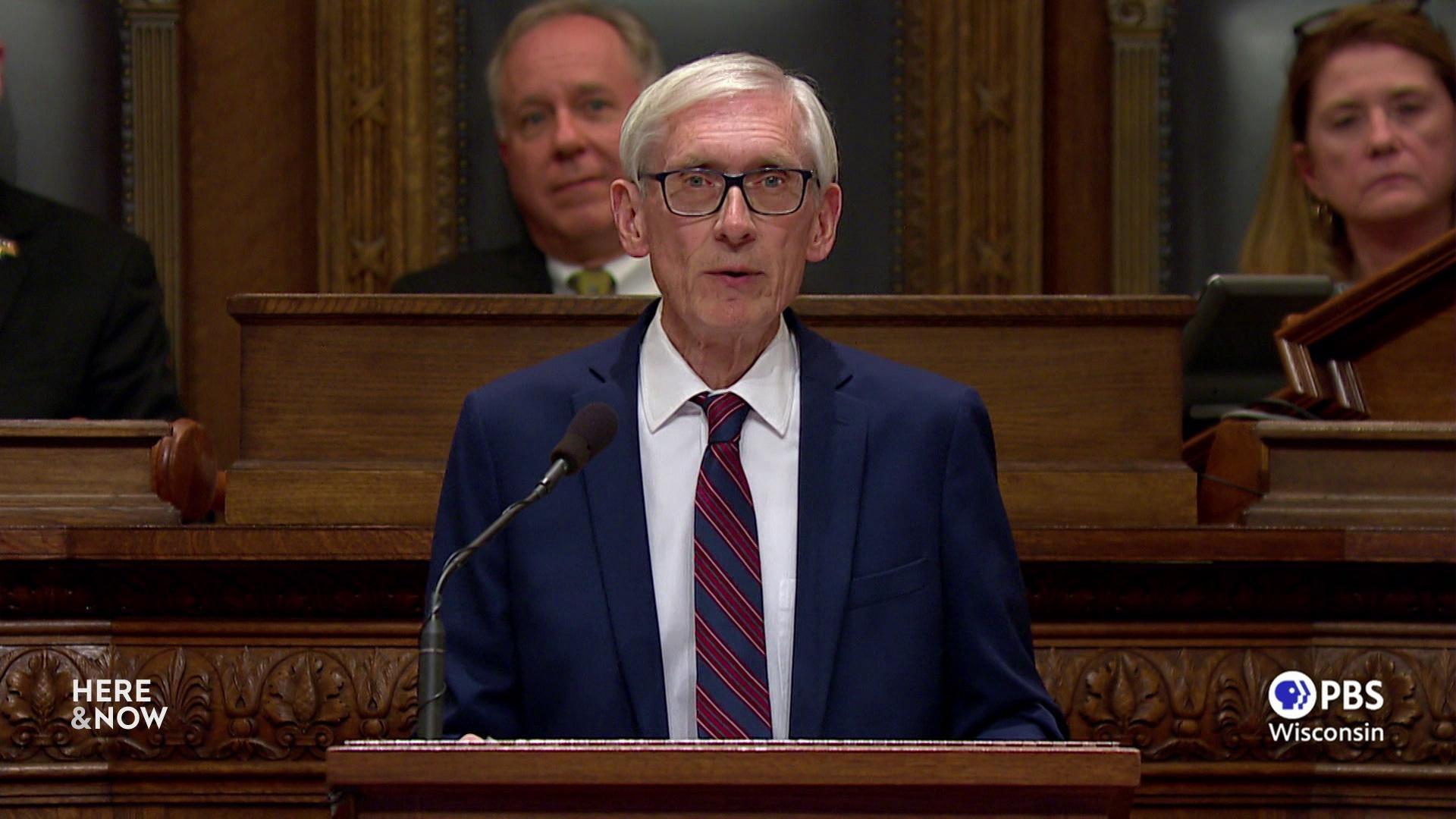
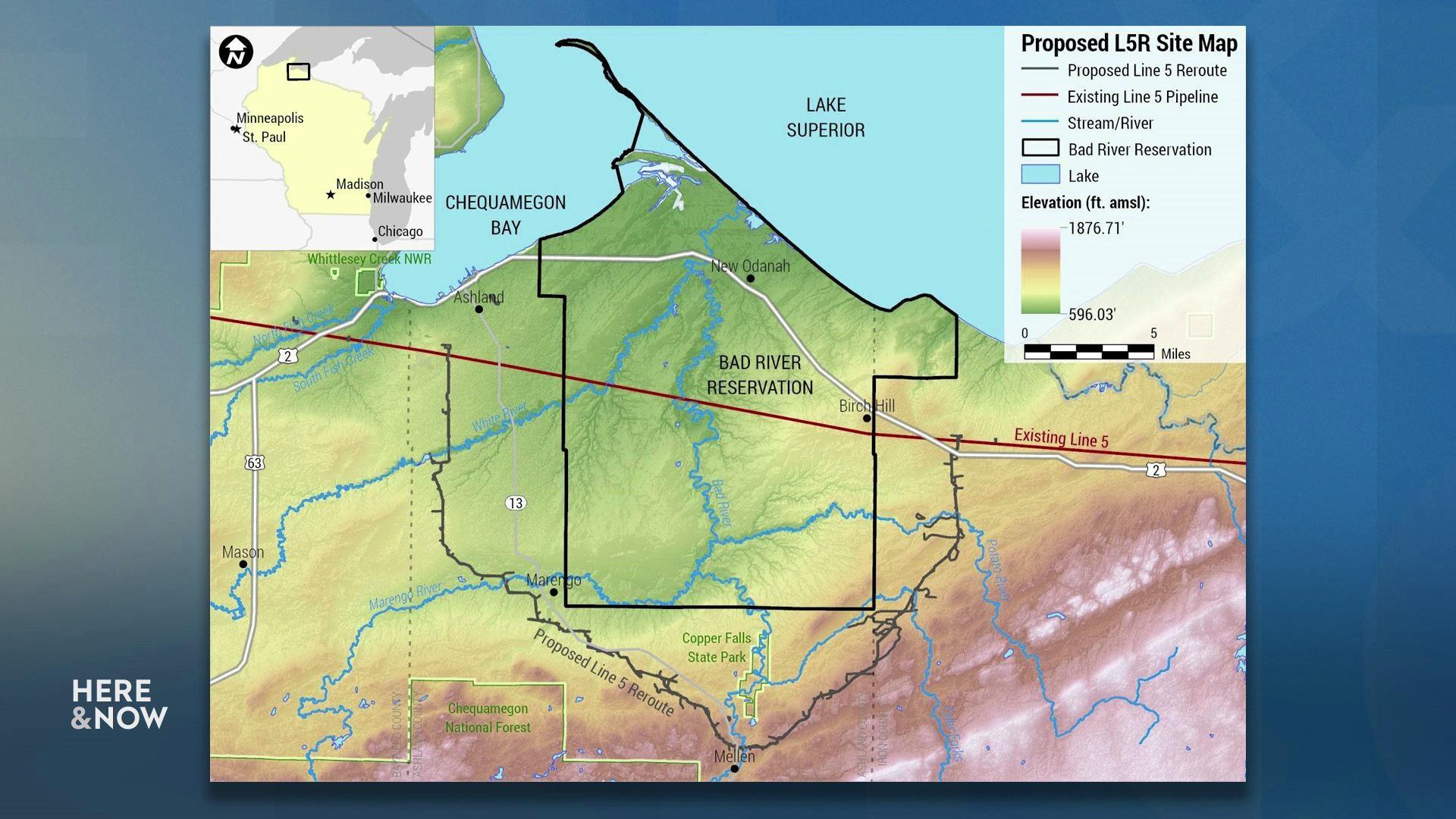
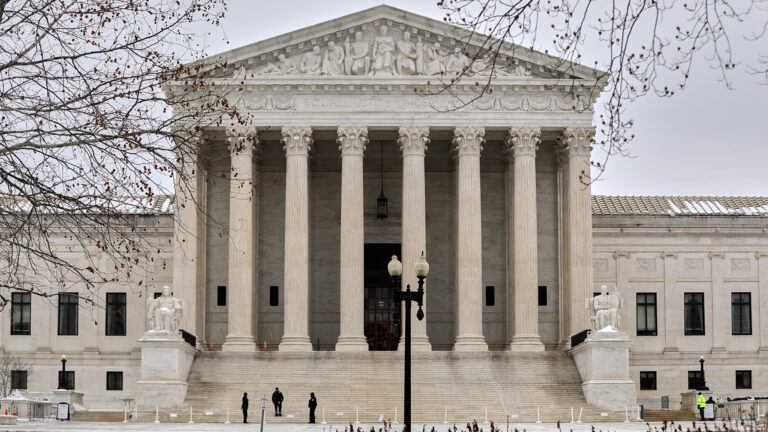

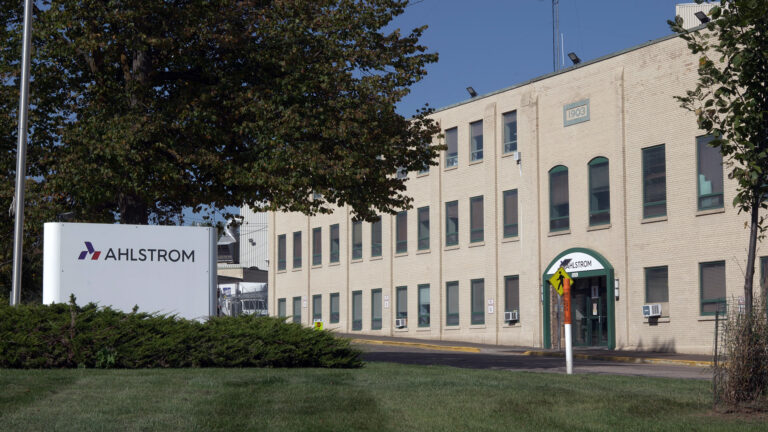

Follow Us